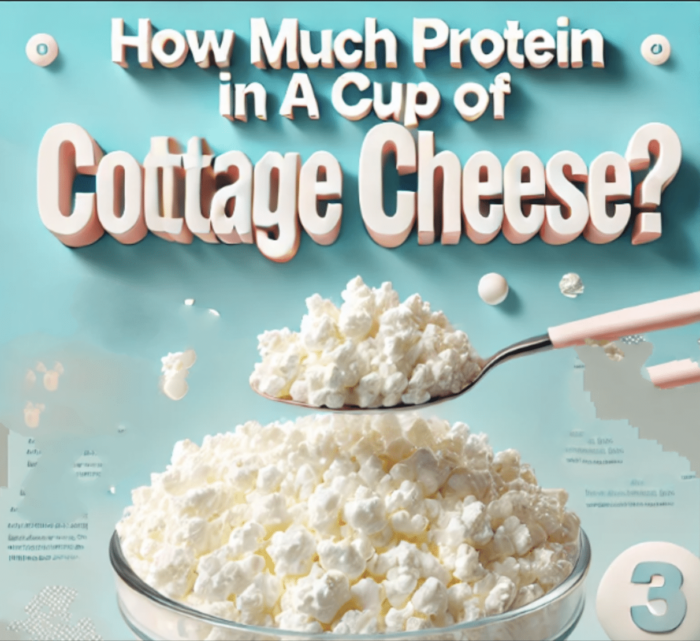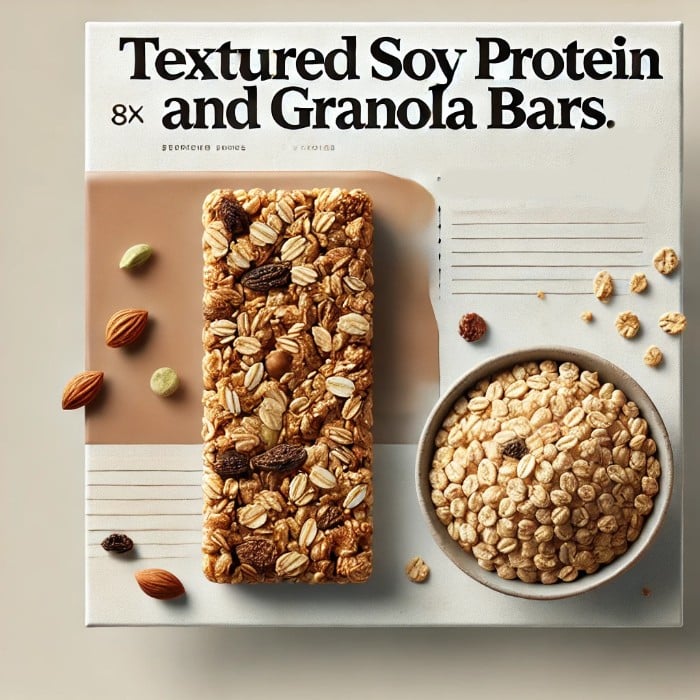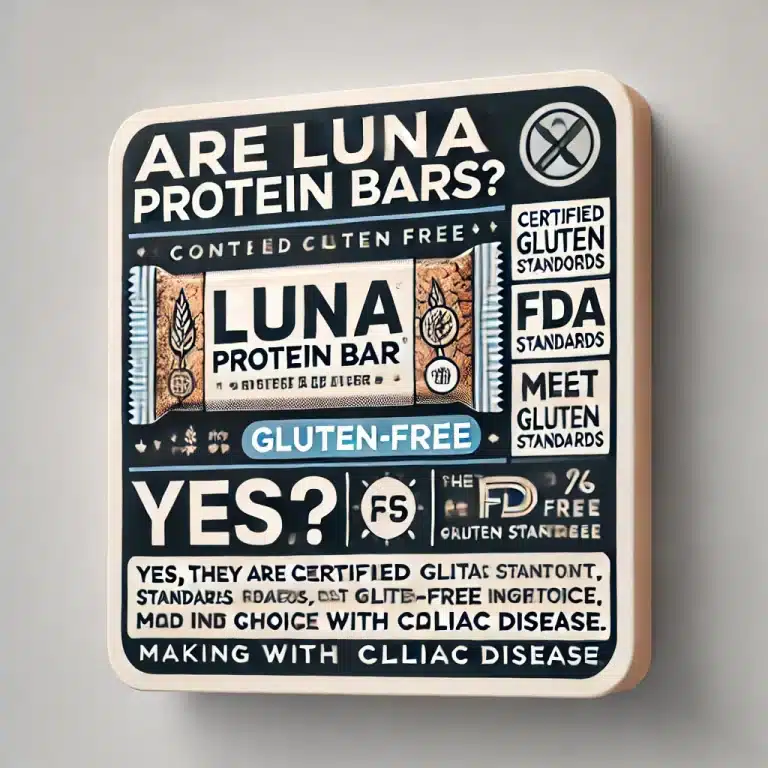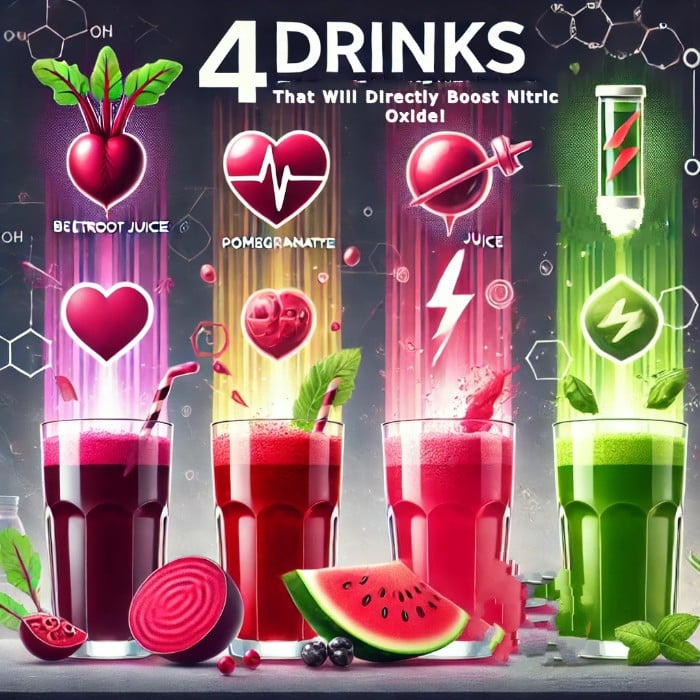How Much Protein In A Cup Of Cottage Cheese?
When it comes to high-protein foods that are both nutritious and versatile, cottage cheese often tops the list. It’s not just a staple for bodybuilders or dieters, this creamy, lumpy delight has carved out its place in everyday kitchens thanks to its rich nutritional profile.
Whether you’re a fitness enthusiast, someone looking to lose weight, or just trying to eat healthier, cottage cheese is a fantastic option. It’s packed with essential nutrients, easy to prepare, and can be enjoyed in both sweet and savory dishes. But exactly how much protein is in a cup of cottage cheese? Let’s dive in and find out why this humble dairy product deserves a spot on your plate.
The Quick Answer
A 1-cup serving (about 225 grams) of cottage cheese contains roughly 25 to 28 grams of protein, depending on the brand, fat content, and preparation method. That’s a hefty amount of protein packed into a small, creamy serving, perfect for meeting your daily protein goals.
To put that in perspective, that’s nearly half of the daily recommended protein intake for an average adult! Whether you’re aiming to build muscle, support recovery after workouts, or just stay fuller for longer, cottage cheese is a convenient and delicious way to boost your protein intake.
But that’s just scratching the surface. There’s more to cottage cheese than just the numbers, so let’s unpack what makes it such a protein powerhouse.
Protein Content by Type:
Not all cottage cheese is created equal. The protein content can vary based on the type you choose:
- Full-fat Cottage Cheese: Around 25 grams of protein per cup. It’s rich, creamy, and has a slightly milder, smoother flavor due to its higher fat content. This version is great if you prefer a more indulgent texture without compromising too much on protein.
- Low-fat Cottage Cheese (2%): Approximately 26-27 grams of protein per cup. This is a balanced choice for those who want a creamy texture with less fat. It retains a good amount of richness while delivering a solid protein punch, making it a favorite for meal preps and healthy snacks.
- Non-fat (Fat-free) Cottage Cheese: Up to 28 grams of protein per cup, thanks to a higher ratio of curds to liquid. It’s tangier, less creamy, and a bit drier, but it’s perfect for those on low-fat diets or looking to maximize protein without extra calories.
The difference in protein content might seem small, but when you’re tracking macros or aiming for specific fitness goals, every gram counts. Plus, the texture and flavor can vary significantly, so it’s worth trying different types to see which one you prefer.
Why Is Cottage Cheese Such a Great Source of Protein?
Cottage cheese is rich in casein protein, a slow-digesting protein that helps keep you feeling full Cottage cheese stands out as a protein powerhouse for several reasons. First and foremost, it’s rich in casein protein, a slow-digesting protein that helps keep you feeling full for longer periods. This slow digestion rate makes it an excellent choice for sustained energy throughout the day or even as a nighttime snack to support muscle repair while you sleep.
Casein is particularly beneficial for athletes and fitness enthusiasts because it provides a steady release of amino acids into the bloodstream, promoting continuous muscle recovery and growth. Unlike whey protein, which digests quickly, casein helps prevent muscle breakdown over extended periods without food intake.
Additionally, cottage cheese is a complete protein, meaning it contains all nine essential amino acids that the body cannot produce on its own. This makes it comparable to other animal-based protein sources like meat, eggs, and dairy products, which are essential for muscle building, immune function, and overall health.
Another bonus? Cottage cheese is low in carbs and fat (especially in the non-fat versions), making it a versatile option for various dietary needs, whether you’re on a high-protein, low-carb, or calorie-controlled diet.
How Does Cottage Cheese Compare to Other Protein Sources?
When comparing cottage cheese to other popular protein-rich foods, it holds its own surprisingly well. Here’s how it stacks up:
| Food | Protein per 1 cup |
|---|---|
| Cottage Cheese | 25-28g |
| Greek Yogurt (plain) | 20g |
| Chicken Breast (diced) | 38g |
| Lentils (cooked) | 18g |
| Quinoa (cooked) | 8g |
| Tofu (firm) | 20g |
| Milk (whole) | 8g |
While chicken breast tops the list with the highest protein content per cup, cottage cheese holds a competitive edge due to its ease of preparation and versatility. Unlike chicken, which requires cooking and seasoning, cottage cheese is ready to eat straight from the container.
Compared to plant-based options like lentils, quinoa, and tofu, cottage cheese not only provides more protein but also offers a complete amino acid profile. This makes it especially valuable for individuals who may struggle to get all their essential amino acids from plant-based foods alone.
And when we look at other dairy products, such as Greek yogurt, cottage cheese slightly edges out in protein content, especially in the non-fat variety. Plus, its thicker texture and mild flavor make it adaptable to both sweet and savory dishes, giving you endless options to enjoy it without getting bored.
In short, cottage cheese isn’t just a “diet food” or an old-school snack, it’s a versatile, nutrient-dense powerhouse that can easily rival other protein sources in your diet.
Benefits of Adding Cottage Cheese to Your Diet:
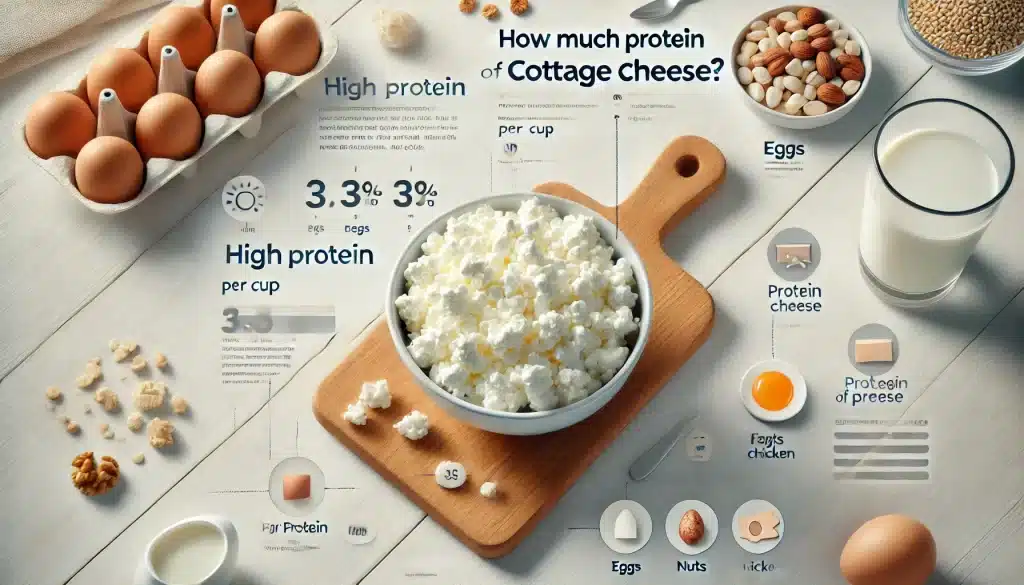
Adding cottage cheese to your diet isn’t just about protein. It offers a wide range of health benefits that make it a smart choice for anyone looking to improve their nutrition:
- High in Protein: Perfect for muscle repair and growth. Its rich protein content helps with tissue recovery, making it a go-to snack after workouts.
- Low in Calories: Great for weight management. A serving is filling without being calorie-dense, helping control hunger and reduce overall calorie intake.
- Rich in Nutrients: Packed with calcium, B vitamins, phosphorus, and selenium, which are essential for bone health, metabolism, and immune function.
- Supports Digestive Health: Some varieties contain probiotics, which promote a healthy gut microbiome and improve digestion.
- Versatile and Convenient: No cooking required! It’s ready to eat straight from the container, perfect for busy mornings or quick snacks.
- Blood Sugar Friendly: Its high protein and low carb content help stabilize blood sugar levels, making it a good option for people with insulin sensitivity or diabetes.
Creative Ways to Enjoy Cottage Cheese:
If the image of plain cottage cheese in a bowl doesn’t excite you, don’t worry, there are countless delicious ways to enjoy it:
- Sweet Bowls: Top with fresh berries, sliced bananas, a drizzle of honey, and a sprinkle of granola for a nutrient-packed breakfast.
- Savory Snack: Mix with diced cucumbers, cherry tomatoes, a splash of olive oil, salt, pepper, and fresh herbs like dill or chives for a refreshing salad.
- Smoothie Booster: Add a scoop to your morning smoothie. It blends beautifully, adding creaminess without overpowering the flavor.
- Baking Substitute: Use in place of ricotta in lasagna, stuffed shells, or even in cheesecake recipes for a lighter, protein-rich twist.
- Pancakes & Waffles: Stir into pancake or waffle batter for a protein boost. It makes them extra fluffy!
- Dips & Spreads: Blend with avocado, lemon juice, garlic, and herbs to create a creamy, tangy dip perfect for veggies or whole-grain crackers.
- Protein-Packed Toast: Spread on whole-grain toast, topped with avocado slices, a sprinkle of chili flakes, and a dash of lemon juice.
How Much Cottage Cheese Should You Eat?
The amount of cottage cheese you should eat depends on your health goals, lifestyle, and dietary needs. Generally, a serving size is around 1/2 cup to 1 cup, which provides a solid dose of protein without going overboard on calories or sodium.
- For Muscle Gain: If you’re focused on building muscle, you might aim for 1-2 cups daily, spread throughout meals or as snacks. The high protein content supports muscle repair and growth, especially when paired with strength training.
- For Weight Loss: Cottage cheese can be a weight-loss-friendly food due to its high protein and low-calorie content. Aim for 1/2 to 1 cup per serving, combined with fiber-rich fruits or veggies to keep you full and satisfied.
- For General Health: Even if you’re not targeting specific goals, incorporating cottage cheese into your diet 2-3 times a week can be beneficial. It’s an easy way to boost your protein intake and get essential nutrients like calcium and B vitamins.
Things to Watch Out For:
While cottage cheese is packed with health benefits, there are a few things to keep in mind to make the most of it:
- Sodium Content: Some brands can be high in sodium, which may not be ideal if you’re watching your blood pressure. Look for “low-sodium” or “no salt added” versions to keep your intake in check.
- Added Ingredients: Check the labels for unnecessary additives, thickeners, or added sugars, especially in flavored varieties. The simpler the ingredient list, the better.
- Lactose Sensitivity: Cottage cheese contains lactose, though often in lower amounts compared to milk. If you’re lactose intolerant, consider trying lactose-free versions, which are becoming more widely available.
- Portion Control: It’s easy to eat more than you realize, especially when using it as a dip or spread. Stick to recommended serving sizes to avoid consuming excess calories or sodium unintentionally.
- Freshness Matters: Cottage cheese doesn’t have a long shelf life once opened. Always check the expiration date, and if it smells sour or develops an unusual texture, it’s time to toss it.
Being mindful of these factors can help you enjoy cottage cheese in a way that supports your health goals without any drawbacks. It’s all about balance!
Final Thoughts:
So, how much protein is in a cup of cottage cheese? Around 25 to 28 grams, making it an excellent, nutrient-dense option for anyone looking to boost their protein intake. It’s not just a fitness food; it’s a versatile, delicious, and healthy addition to any diet.
Whether you’re blending it into smoothies, adding it to savory dishes, or just enjoying it straight from the tub, cottage cheese is a simple way to get more protein without a lot of fuss.
